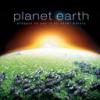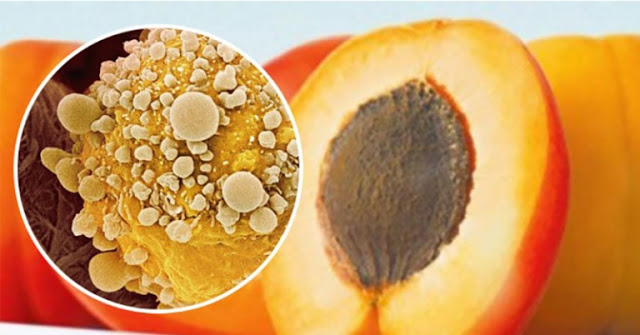

| Online: | |
| Visits: | |
| Stories: |
The Most Powerful Anti-Cancer Kernel Known On Planet Earth According to This Doctor
Dr. Ernest Krebs was a biochemist in the early 1950s whose desire to understand what makes cancer cells work led him to discover a possible key to overcoming the disease. Working on a hunch that cancer is ultimately a metabolic reaction to a poor diet, Krebs began studying the lifestyle habits of the Hunzas whose remote country is hidden near Northern Pakistan.
The Hunzas and Apricot Kernels
Major Sir Robert McCarrison wrote about the Hunzas back in the 1930s when he had a post with the Indian Medical Service. According to McCarrison, the Hunzas enjoyed near-perfect physical and mental health and some of them lived to be over 135 years old. There seemed to be no evidence of diabetes, obesity, or heart attacks among them as well. There was also no evidence of cancer.
What made the Hunzas so resilient? Their vitality had a lot to do with what they ate and their overall lifestyle. Their diet was simple. According to McCarrison, it consisted of raw milk, the occasional meat and bone broth, fresh grains and veggies. They ate very little sugar and their lifestyles as nomads and herders meant they got plenty of vigorous exercise. The other characteristic was that the group ate large quantities of apricot seed kernels. Intrigued by this peculiarity, Krebs researched until he found what he thought was the secret weapon for tumor eradication – amygdalin.
Read more »
Every Day is Earth Day
Source: http://www.riseearth.com/2016/01/the-most-powerful-anti-cancer-kernel.html




